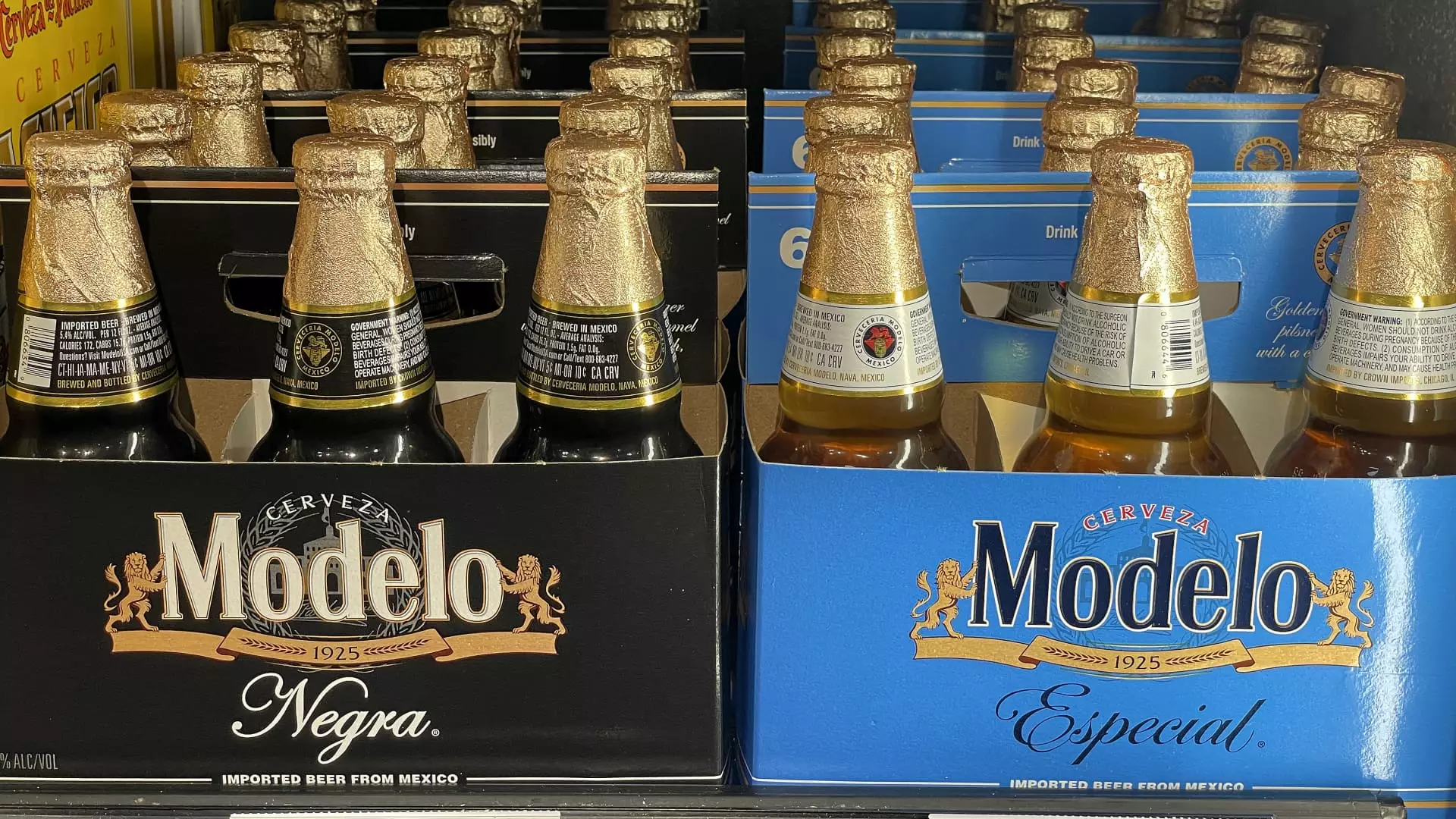In an era where political rhetoric often shapes economic realities, the recent downturn in Constellation Brands’ beer sales exemplifies the far-reaching consequences of immigration policies. The hard-line stance taken by the Trump administration has not only polarised political discourse but has also directly affected vulnerable segments of the population—particularly Hispanic consumers. These consumers, who historically form a significant part of the market for brands like Modelo, Corona, and Pacifico, are experiencing heightened economic anxiety. As job security concerns intensify due to deportation raids and immigration enforcement, their spending patterns have shifted, revealing a fragile consumer base that is sensitive to political developments. This scenario underscores how government actions, especially those perceived as aggressive or divisive, can ripple through the economy, undermining sectors that rely heavily on demographic groups targeted by such policies.
Economic Fears Amplify Consumer Caution
Business leaders like Constellation’s CEO, Bill Newlands, highlight a widening sense of uncertainty among both Hispanic and non-Hispanic consumers. Inflation fears, exacerbated by tariffs and increased production costs, further compound consumer reluctance to spend. When the broader economy seems unpredictable—marked by tariff-induced aluminum price hikes and geopolitical tensions—personal finances become strained, leading households to prioritize saving over discretionary expenditure like enjoying a cold beer. This cautious behavior is not merely a reflection of individual preferences but a subconscious response to a political environment that threatens economic stability. As a result, even a resilient industry like brewing confronts declining demand, revealing the inextricable link between political policies and economic vitality.
The Broader Implications for the Market and Society
The struggles faced by Constellation are emblematic of a larger trend. Major brands such as Coca-Cola and Colgate-Palmolive are also reporting declines tied to reduced Hispanic consumer activity, illustrating that the issue transcends one sector and affects the entire consumer-driven economy. This deterioration is alarming, considering the substantial contribution of Hispanic households to retail and service industries. The economic displacement caused by harsh immigration enforcement not only burdens individuals and families but also jeopardizes business growth, employment, and overall market health. As consumer confidence wanes in immigrant communities, so too does the stability of sectors that depend on their patronage, threatening a vicious cycle of economic decline fueled by politically motivated policies. It is crucial for policymakers to recognize that economic stability and social cohesion are intertwined, and that aggressive immigration enforcement might inadvertently sabotage the very economic growth they seek to stimulate with stricter policies.

